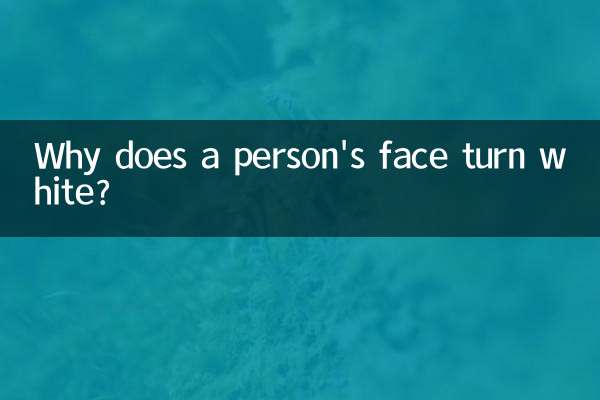What are the benefits of conditioner
In today's fast-paced life, hair conditioner has become an indispensable part of daily hair care for many people. Not only does it improve the texture of your hair, it also repairs damaged strands. Here are the main benefits of conditioner and their related data to help you better understand the importance of conditioner.
1. The main benefits of hair conditioner

| Benefits | Description |
|---|---|
| Repair damaged hair | The nutrients in the conditioner can penetrate into the hair and repair damage caused by perming, dyeing, blow-drying, etc. |
| Enhance hair softness | Conditioner can reduce friction between hair, making hair smoother and easier to comb. |
| Moisturizing and nourishing | Conditioners containing moisturizing ingredients can replenish moisture and prevent dryness and split ends. |
| Prevent static electricity | Conditioner can form a protective layer on the surface of the hair to reduce the generation of static electricity. |
| Extend hair color longevity | For people with dyed hair, conditioner can help lock in the color and delay fading. |
2. How to choose a conditioner that suits you
When choosing a conditioner, you should choose it based on your hair type and needs. The following are common hair types and corresponding conditioner recommendations:
| hair type | Recommended conditioner features |
|---|---|
| dry hair | Choose a conditioner that contains natural oils (like coconut oil, Moroccan oil) to deeply moisturize. |
| oily hair | Choose a refreshing conditioner to avoid over-moisturizing. It is recommended to only use it on the ends of your hair. |
| Damaged hair | Choose a restorative conditioner that contains protein or keratin to help rebuild hair structure. |
| Thin and soft hair | Choose a lightweight conditioner to avoid a heavy feel and add volume to your hair. |
| Dyeing and perming hair | Choose a conditioner specially designed for dyed and permed hair, which contains antioxidant ingredients to protect hair color. |
3. The correct way to use hair conditioner
How you use conditioner directly affects its effectiveness. Here are the steps to use conditioner correctly:
| steps | Description |
|---|---|
| 1. Wring out the water after shampooing | Gently absorb moisture from your hair with a towel to avoid diluting the conditioner. |
| 2. Take appropriate amount of conditioner | Apply an appropriate amount of conditioner (usually the size of a coin) to your hair length and thickness. |
| 3. Apply evenly | Start applying from the ends of your hair and avoid direct contact with the scalp, especially if you have oily hair. |
| 4. Massage for 1-2 minutes | Gently massage hair to help nutrients absorb. |
| 5. Rinse thoroughly | Rinse well with warm water to avoid residue. |
4. Common misunderstandings about using conditioner
Many people have some misunderstandings when using conditioner, which may affect the effect or even damage the hair:
| Misunderstanding | Correct approach |
|---|---|
| The more conditioner you use, the better | Excessive use will cause greasy hair, so use the appropriate amount according to the hair volume. |
| Apply conditioner to scalp | Conditioner should be avoided coming into contact with the scalp, especially if you have oily hair, to prevent clogging of pores. |
| The longer you leave the conditioner on, the better | Usually 1-2 minutes is enough, too long will not enhance the effect. |
| Hair will be voluminous without conditioner | Choosing the right conditioner (such as a lightweight type) can actually increase the health and shine of your hair. |
5. The future trend of hair conditioner
As consumers' demand for hair care increases, the hair conditioner market is also constantly innovating. Here are the top trends in recent years:
| Trend | Description |
|---|---|
| Natural ingredient conditioner | Consumers are more likely to choose conditioners containing plant extracts, silicone-free, and sulfate-free. |
| Multifunctional conditioner | Products that combine hair care, heat insulation, sun protection and other functions are more popular. |
| Environmentally friendly packaging | Recyclable packaging or refill designs have become brand selling points. |
| Customized conditioner | Conditioners customized to individual hair types and needs are on the rise. |
Conclusion
As an important step in daily hair care, conditioner can not only repair damaged hair, but also make hair smoother and healthier. With the right choice and use of conditioner, you can easily achieve enviable hair. Hopefully the structured data and practical advice in this article will help you better understand the benefits of conditioner and incorporate it into your hair care routine.

check the details

check the details